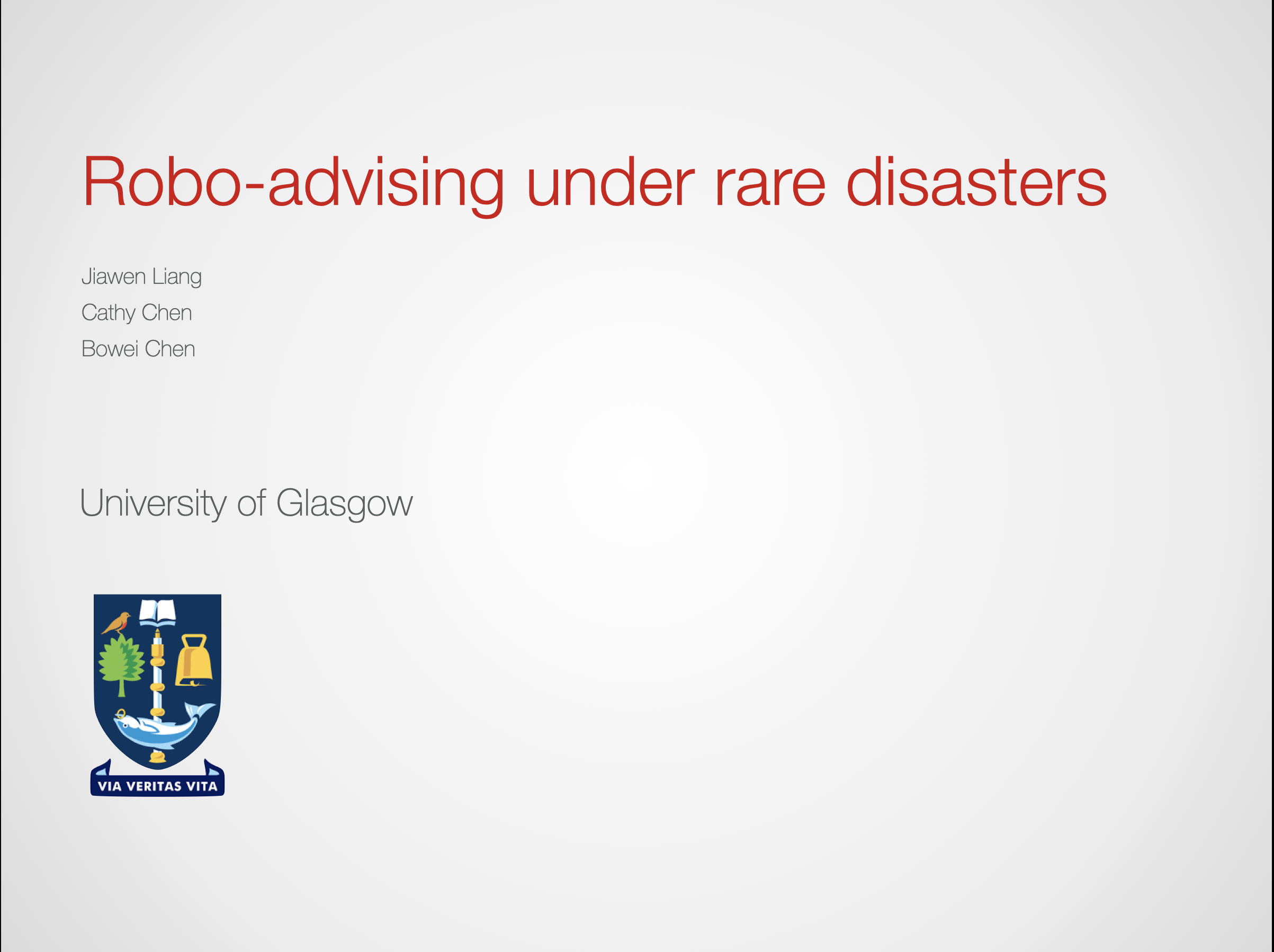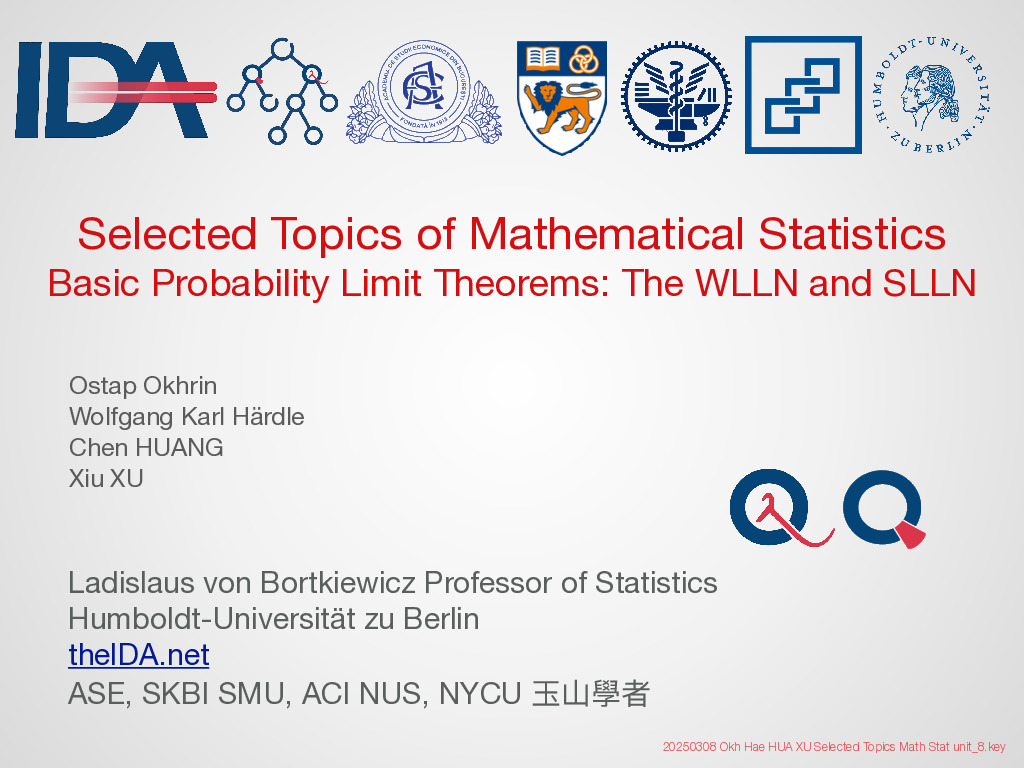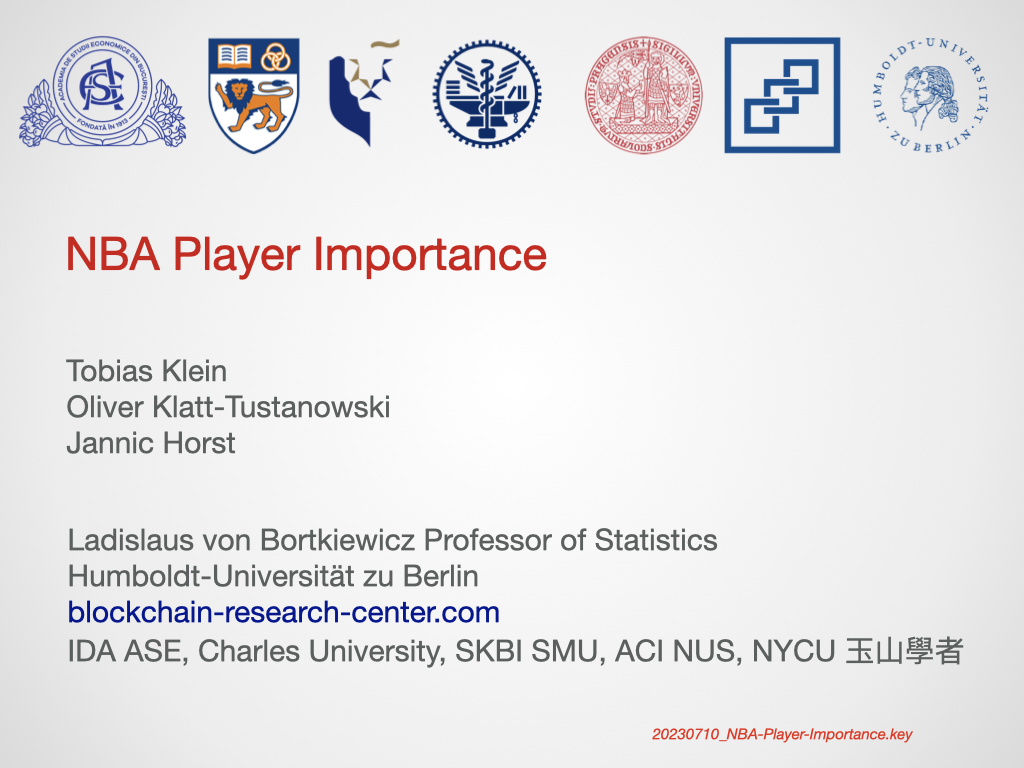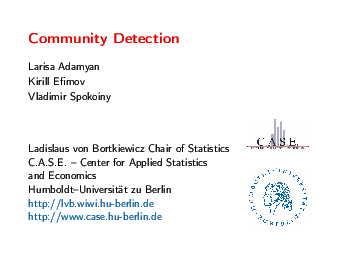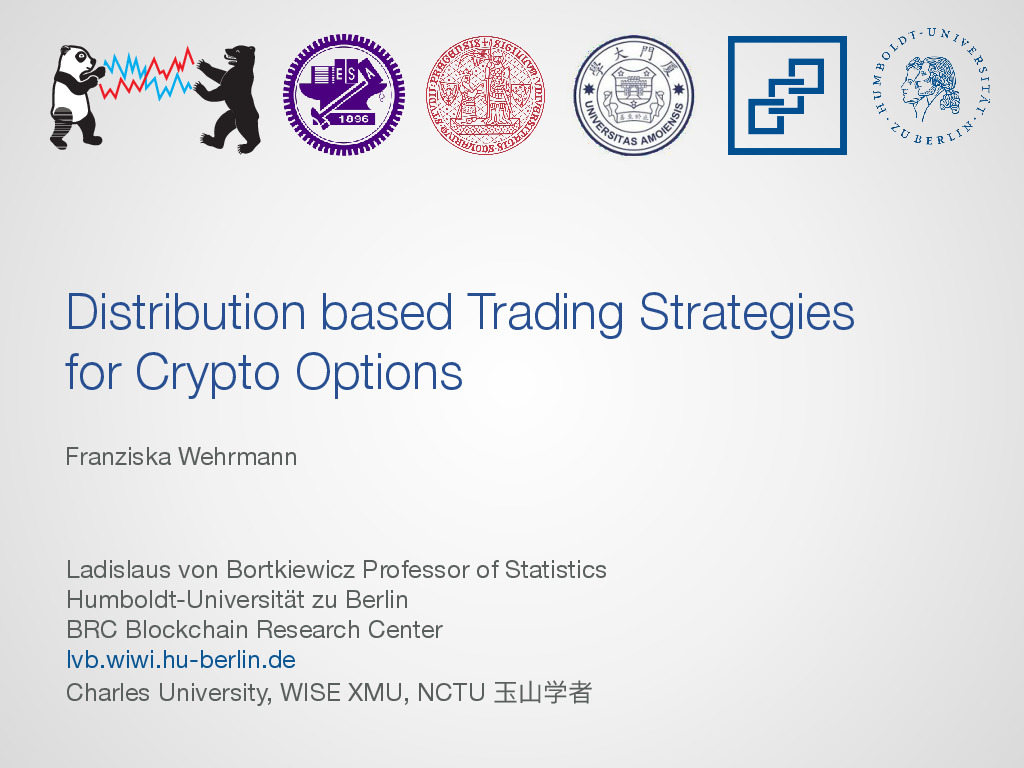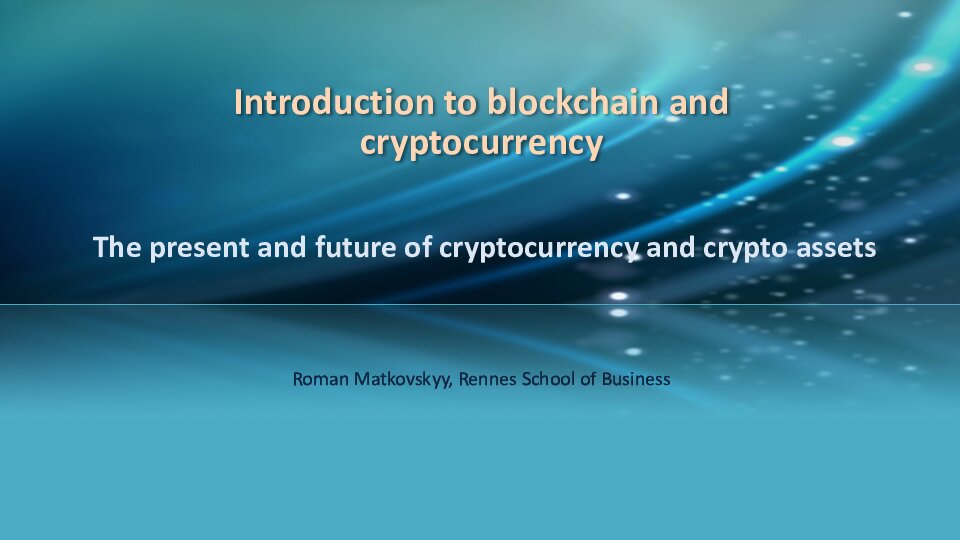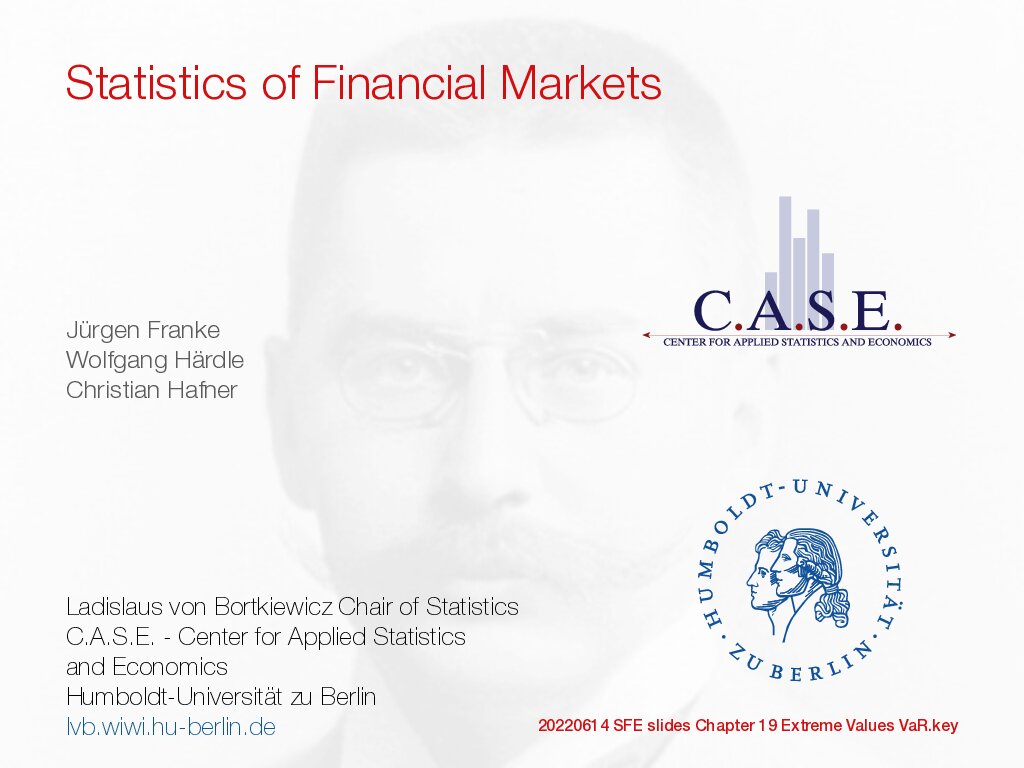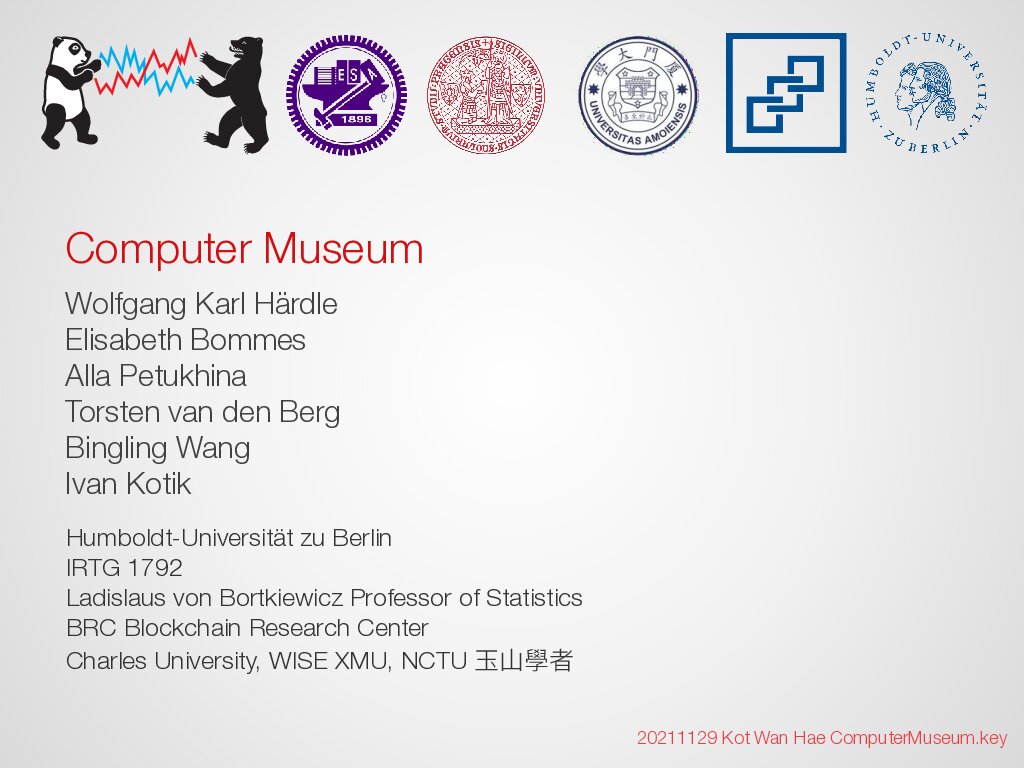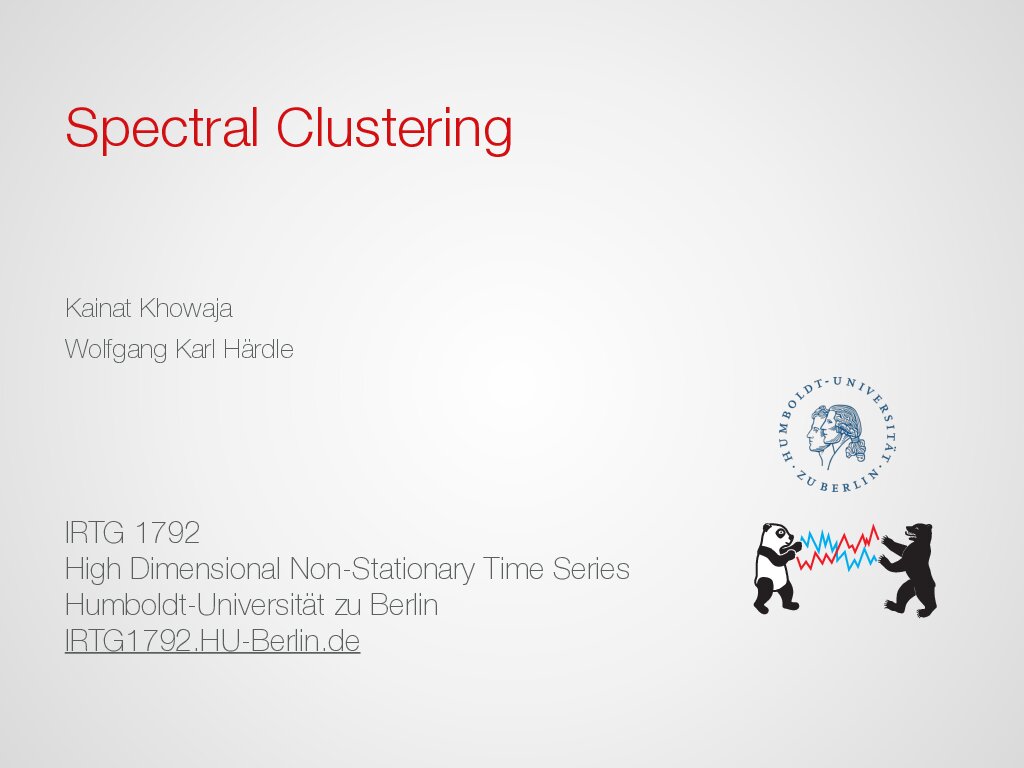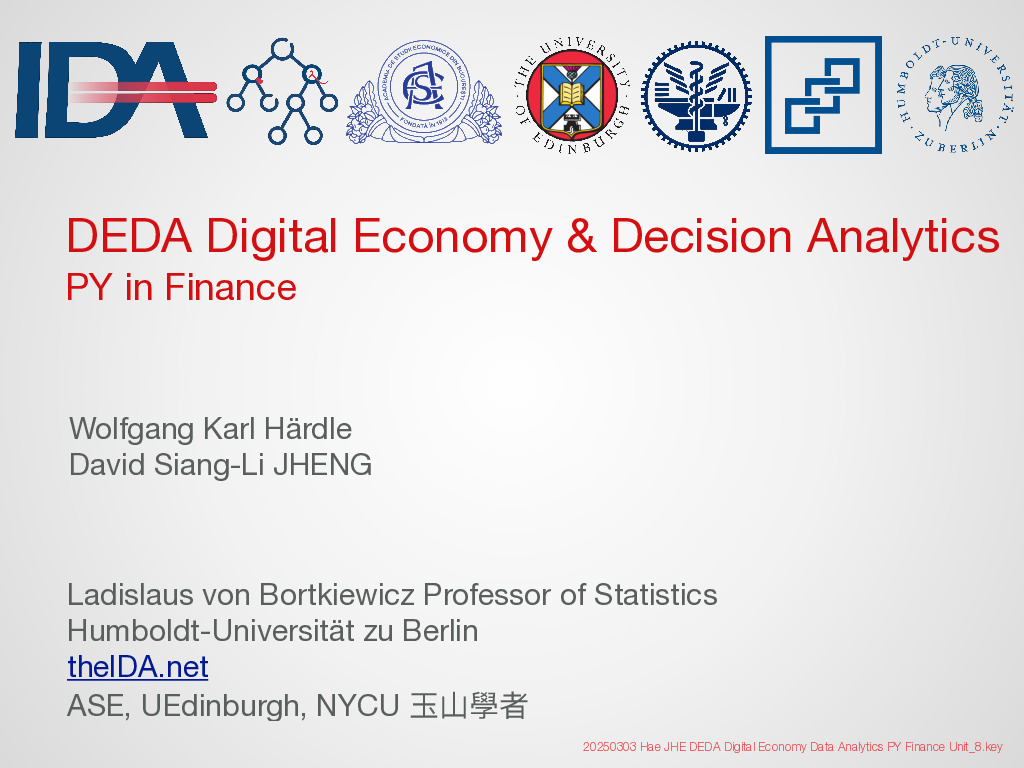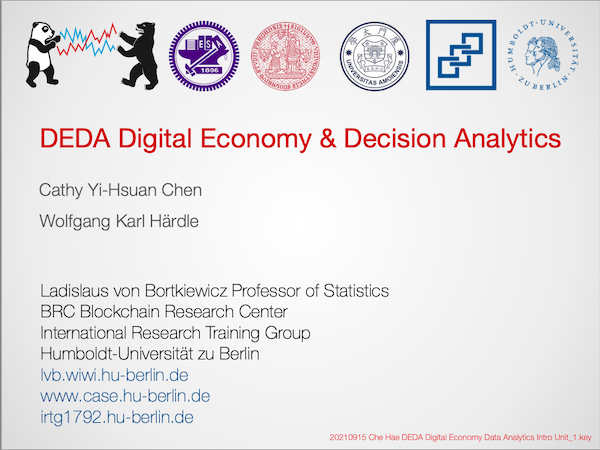Robo-advising under rare disasters
-
- 4.3 Rating
- 2 Reviews
- 7 Students Enrolled
Robo-advising under rare disasters
We propose an algorithm SARSA-IS to find the optimal investment strategy in the presence of rare disasters.
-
- 4.3 Rating
- 2 Reviews
- 7 Students Enrolled
Requirements
- Basic knowledge of reinforcement learning
General Overview
Description
Robo-advisors provide investors with automated portfolio management services, and their growth is unprecedented. They performed less well during the COVID-19 pandemic than they had done during the non-crisis period. That less satisfactory performance was due to the fact that rare disasters are highly unlikely to occur and yet have a huge impact on financial markets.
To improve the performance and learning efficiency of robo-advising, we develop a novel learning framework to tackle rare disaster events. This framework integrates importance sampling with the reinforcement learning algorithm. Instead of sampling transition probability from a ground-truth probability distribution, we sample it from proposal distribution, where the event of interest occurs more frequently.
The proposed algorithm is validated by data covering both the 2008 financial crisis and the COVID-19 pandemic, showing superior performance over benchmarked methods. This is attributed to the intended learning about rare disasters so robo-advisors sharply lower the position on risky assets in advance. The proposed algorithm is model-free and reduces the variance of value estimates through importance sampling. In addition to methodological contributions, our study contributes to the growing literature on robo-advising by considering rare events.
Recommended for you
Meet the instructors !
I am a Phd in Finance at the University of Glasgow.
Research Interest:
- Reinforcement learning
- Robo-advisors
- Portfolio management
Work in Progress:
- Robo-advisors under rare disasters
- Learning risk preferences under rare disasters




